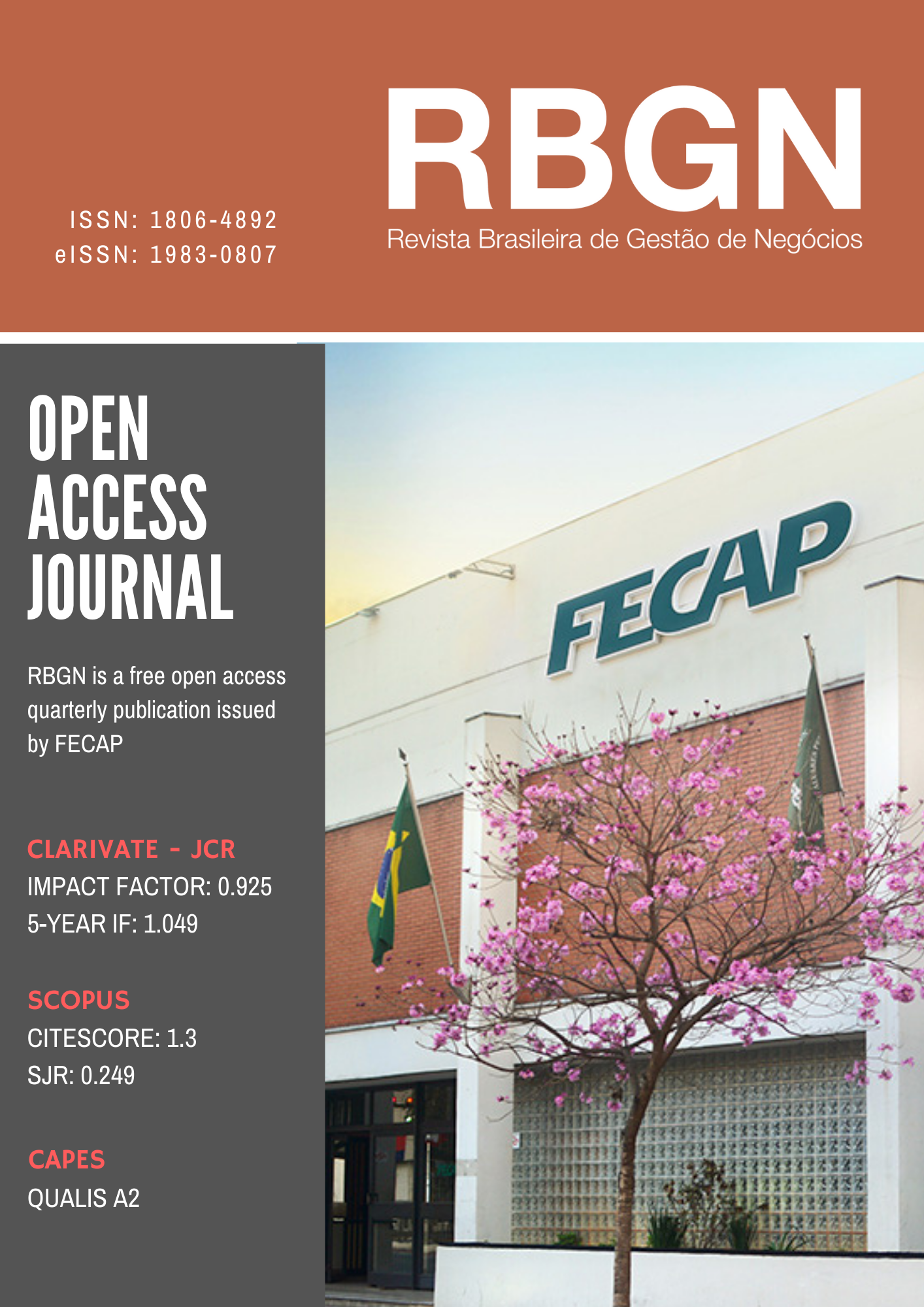Abstract
Purpose: The aim of this paper was to examine the effect of despotic leadership behavior on followers’ counterproductive behavior. It was also hypothesized that the effect would be mediated by reduced organization-based self-esteem (ROBSE) and moderated by employee emotional stability. We draw upon the conservation of resources perspective and social exchange theory.
Theoretical framework: We draw upon social exchange theory.
Design/methodology/approach: The setting of the study was SMEs (small and medium enterprises) in the Gujranwala Division of Pakistan. Time-lagged data were collected from 227 supervisor-subordinate dyads. Structural equation modeling was applied to test the direct and mediating effects. Interaction moderation was performed using Hayes’ PROCESS macro in SPSS.
Findings: The findings suggest that despotic leadership has a positive effect on counterproductive behavior. Reduced organization-based self-esteem partially mediates the influence of despotic leadership on counterproductive behavior. Similarly, emotional stability moderates the impact of despotic leadership on counterproductive behavior.
Research Practical & Social Implications: The phenomenon of despotic leadership is not new in organizations; however, it has only recently attracted interest from researchers. It is a good time to empirically investigate the impacts this leadership style can have on subordinates.
Originality/Value: For the first time, it is confirmed by our results that despotic leaders’ behavior lowers subordinates’ self-esteem and causes them to engage in counterproductive behavior, except those who have high levels of emotional stability. The study sheds light on the ill effects of despotic leaders on followers.
Keywords: despotic leadership, counterproductive behavior, reduced organization-based self-esteem, emotional stability
If a paper is approved for publication, its copyright has to be transferred by the author(s) to the Review of Business Management – RBGN.
Accordingly, authors are REQUIRED to send RBGN a duly completed and signed Copyright Transfer Form. Please refer to the following template: [Copyright Transfer]
The conditions set out by the Copyright Transfer Form state that the Review of Business Management – RBGN owns, free of charge and permanently, the copyright of the papers it publishes. Although the authors are required to sign the Copyright Transfer Form, RBGN allows authors to hold and use their own copyright without restrictions.
The texts published by RBGN are the sole responsibility of their authors.
The review has adopted the CC-BY Creative Commons Attribution 4.0 allowing redistribution and reuse of papers on condition that the authorship is properly credited.


